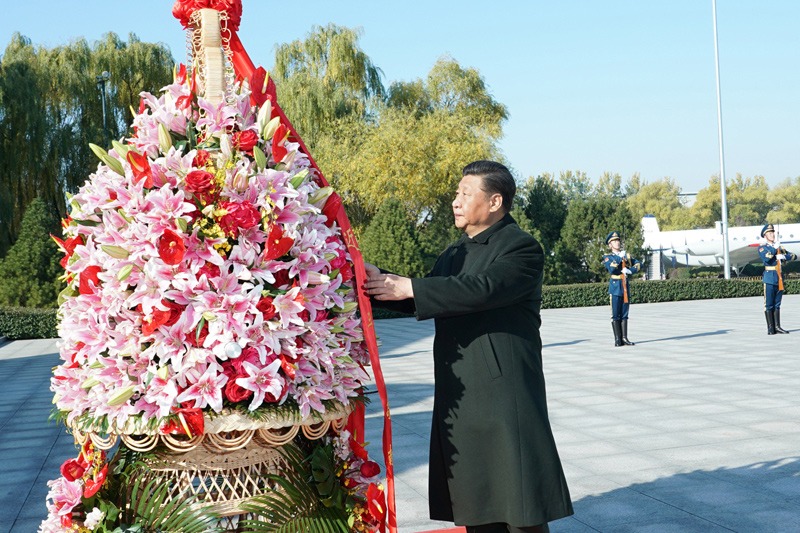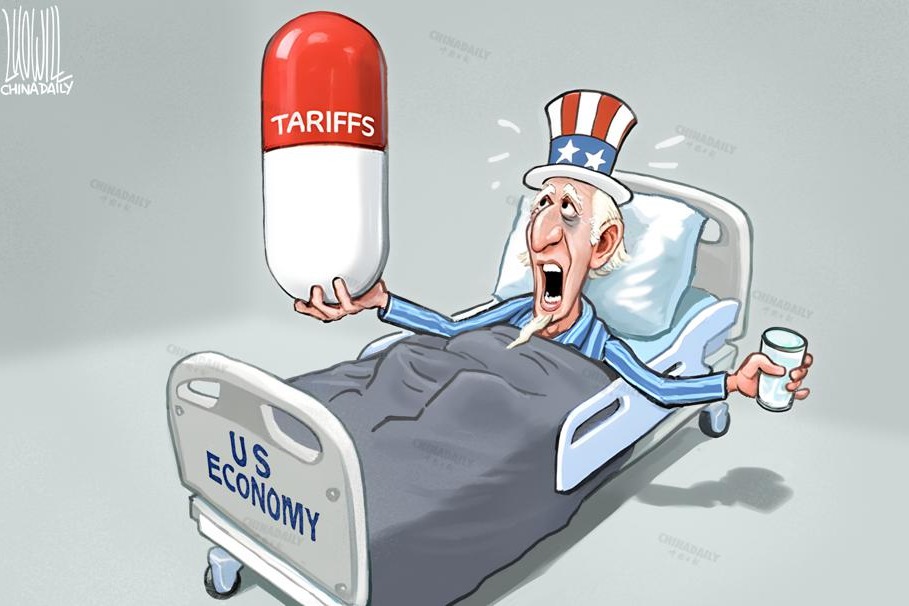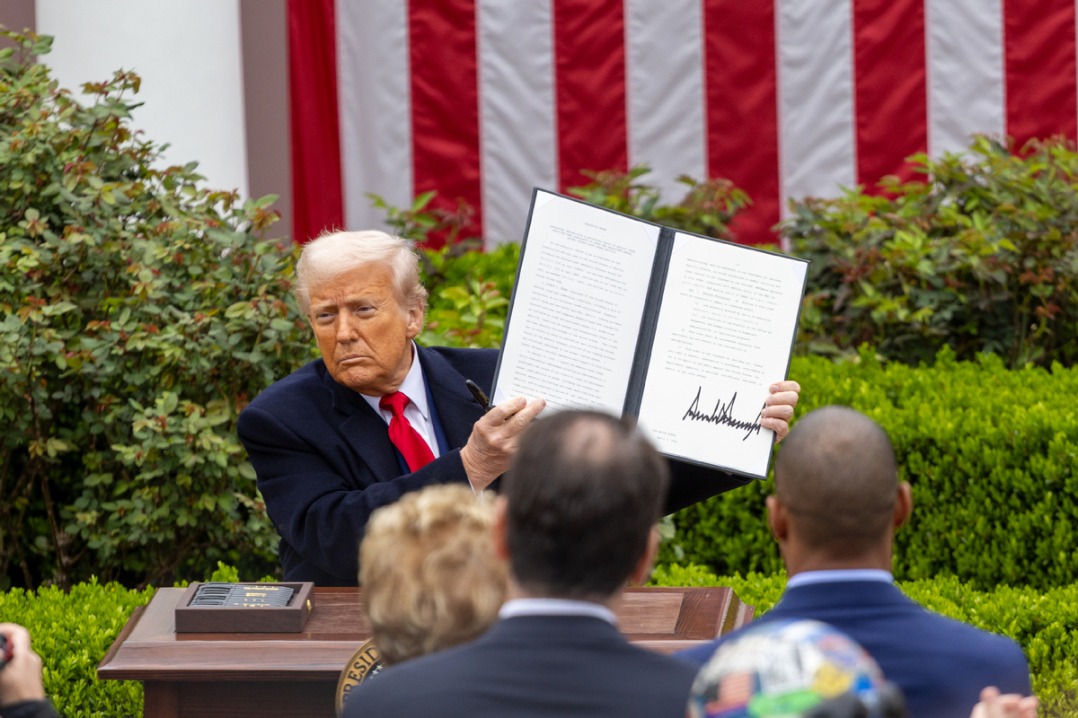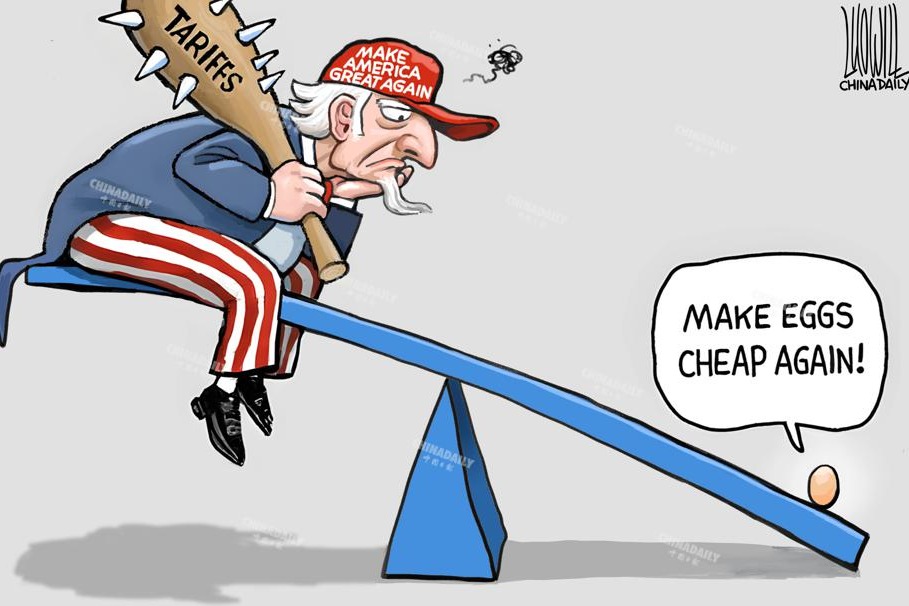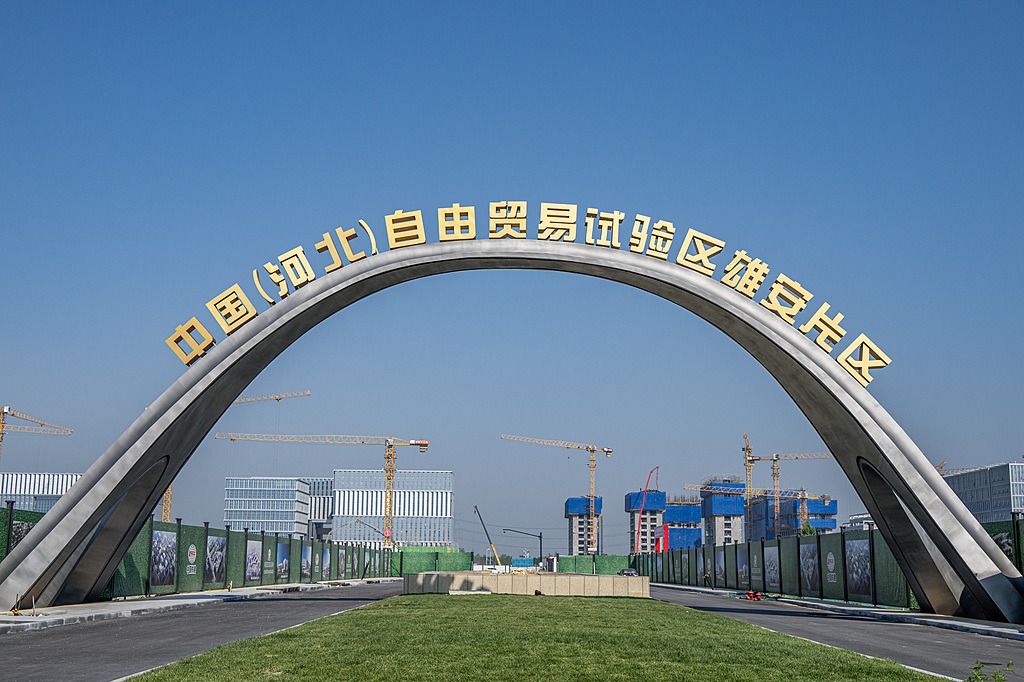US high-tech export ban self-defeating

If implemented, new rules will harm US companies
That the US is finalizing rules to curb high-tech exports exposes its Cold War mentality. Not being content with urging a number of countries to take measures to restrict China's rise, for example, through the Wassenaar Arrangement, the US is preparing to introduce specific bans directly aimed at China. Such bans, however, do not conform to global economic rules and, equally importantly, would not contribute to US enterprises' well-being.
How can the US continue to play the leading role in the field of technology if it deliberately severs ties with a major power? Also, such rules would prompt China to more actively promote innovation to develop high-tech products in order to lessen its dependence on the US and other Western economies for sophisticated technology.
And if China loses its development momentum for a lack of high-tech products, it would mean reduced mutually beneficial cooperation with and fewer development opportunities for the US. Either way the US stands to lose.
Thanks to the development of high-end manufacturing and consumption, and industrial upgrading, China presents a number of business opportunities that the US could lose due to its self-defeating policies.
To those who believe that only cooperation can benefit both sides, suffice it to say the US doesn't want to cooperate with China and, instead, has been threatening to impose higher tariffs on Chinese products and impose export and/or import bans. Which runs contrary to the spirit of cooperation on an equal footing and for mutual benefits.
As for now, China should focus on innovation and making technological breakthroughs while continuing to seek cooperation with the US on an equal footing.
Bai Ming, deputy director of the international market research institute under the China Academy of International Trade and Economic Cooperation.
The views don't necessarily represent those of China Daily.



















